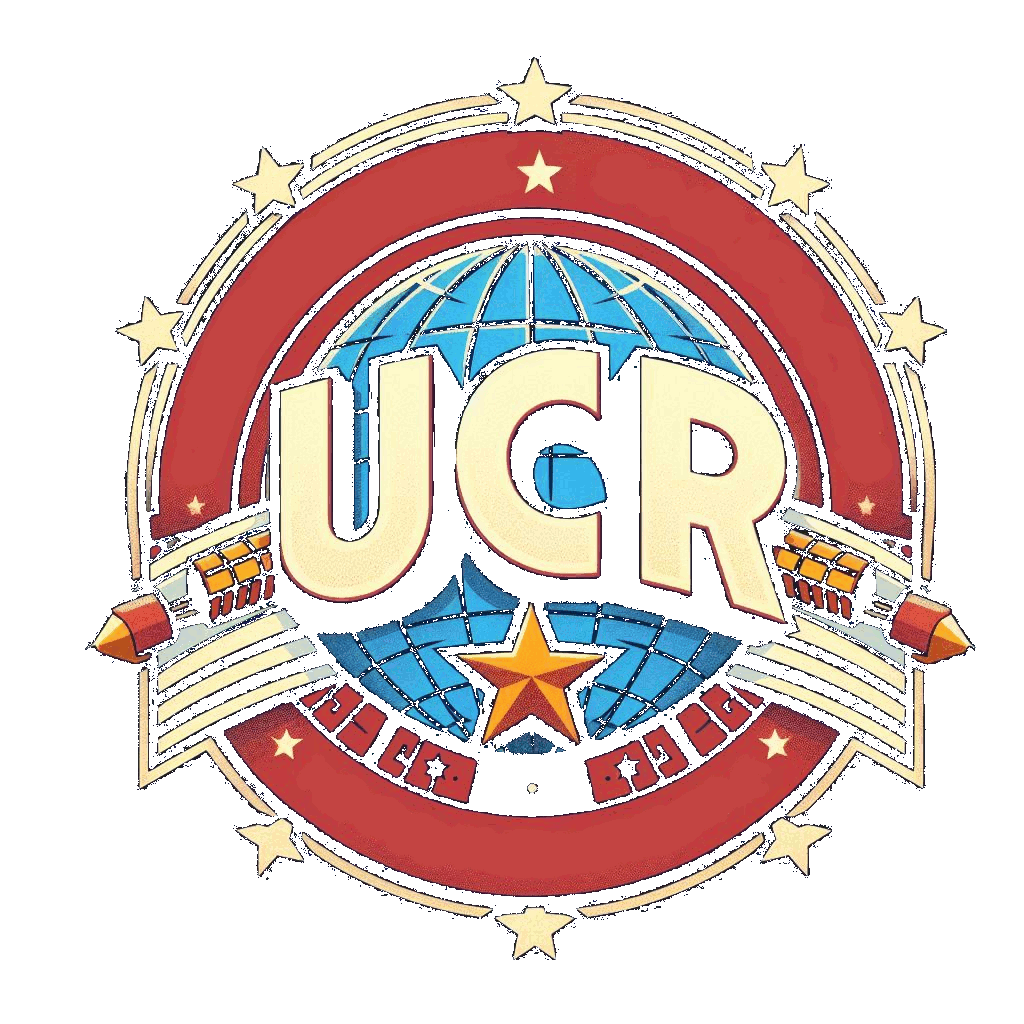
- This event has passed.
The Fifteenth Annual International Graphic Novel and Comics Conference Comics and Technologies University of East Anglia, Norwich

New technologies have affected the creation, production, distribution, forms, themes, ethics, and cultures of comics. Collaboration and creativity have been enabled by digital communication and creative tools. Comics have adapted to emerging technologies that inspire new formats, such as photomechanical reproduction, the four-colour process, photocopying, free computer software such as Canva, MediBang Paint, or the Internet. Apps and platforms enable new possibilities for access and ways of reading. Most recently, the emergence of AI has led to concerns about copyright, data protection and creator exploitation.
Comics have also represented technologies thematically: in genres such as superheroes and science fiction, for instance in the grandiose future technologies envisioned by Moebius or Jack Kirby; in war comics that depict industrialised conflict; and under the umbrella of graphic medicine, which describe and critique medical tech. Technologies can be useful for researchers, for instance in the development of software to analyse huge amounts of data or cataloguing long runs of comics.
We are interested in all aspects of comics and technologies and themes that might be addressed (but are not limited to) the following:
- Representing technologies – e.g. future worlds (including Afrofuturist, Arabfuturist, etc.)
- The interfaces between people and technologies
- Using technology in researching, or education through, comics
- Producing comics via technologies – from major global corporations to small scale production
- Historical aspects of technologies: comics formats, production, distribution
- Comics and the politics of technology – race, gender, sexuality, class, etc.
- The future of comics arising from technologies
- The effect of digital tools on collaboration and creation
We will also have room within our programme, as always, for papers, workshops, and roundtables that do not fit this specific theme.
We are now accepting proposals for papers (20 minutes), panels (of 2 or 3 papers) or roundtable and workshop sessions (60-90 minutes). Please submit the following to TheIGNCC@gmail.com by 15 December 2023:
- abstract of 250 words
- a biography of 50 words including your name, email, affiliation, and gender pronouns
- state whether your paper will be given in person or online
- state whether you would be interested in chairing a panel
If you have any queries please email TheIGNCC@gmail.com.
